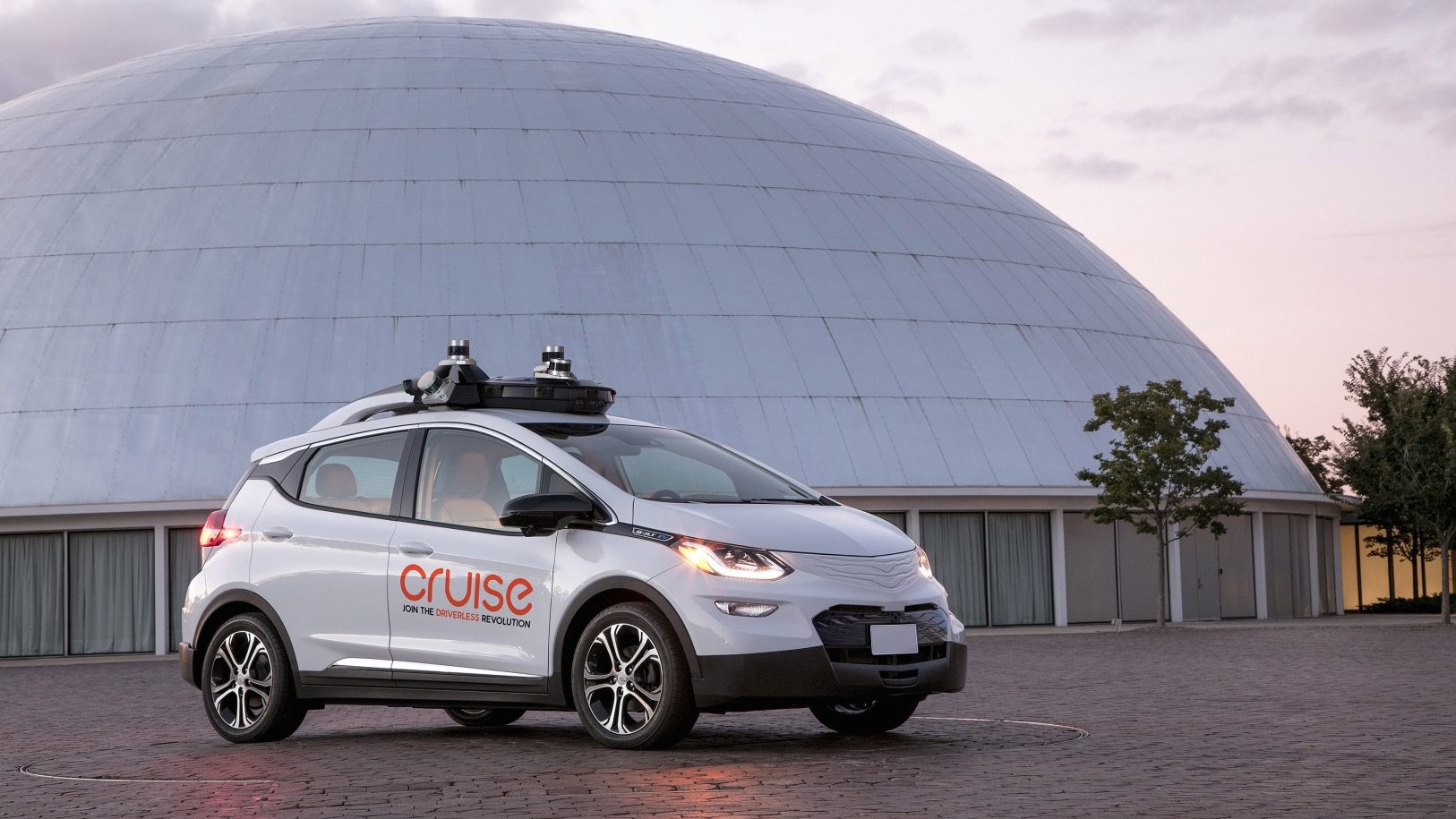

California will allow self-driving cars with no human drivers onboard to test on public roads beginning next year. The California Department of Motor Vehicles also won’t require autonomous test cars to have backup manual controls.
The revised rules are subject to a 15-day public comment period, and then will be submitted to the state government, which will draft plans to enforce them, according to The Verge. The rule changes mark a major shift for what has become the center of of autonomous-car testing in the United States.
California was among the first states to explicitly legalize the testing of prototype self-driving cars on public roads.There are currently 42 companies testing 285 autonomous cars on California roads, according to the DMV. Those companies have licensed nearly 1,000 safety drivers, who may become redundant under the new rules.
While California has been open to autonomous-car testing, regulators have been hesitant to allow cars onto public roads without human supervision. That has caused some friction with companies. When Google (now Waymo) unveiled its home-built autonomous prototype in 2015, the car didn’t have a steering wheel. Google needed to add one to suit the California regulations, but claimed it wasn’t strictly necessary.
Production self-driving cars will have to be able to operate without human drivers, and developers have to start somewhere. But the technology hasn’t been perfected yet, so maybe letting unsupervised self-driving cars onto public roads isn’t such a good idea. If nothing else, companies will have to devise ways of letting driverless cars communicate with other road users so that their intentions are known.
California’s revised self-driving car rules may soon be superseded by federal regulations. A bill passed by the House of Representatives would give the federal government priority over states in setting rules. A companion bill is working its way through the Senate. Both bills aim to streamline the process for putting prototype self-driving cars on the road, in order to hasten development of the technology.